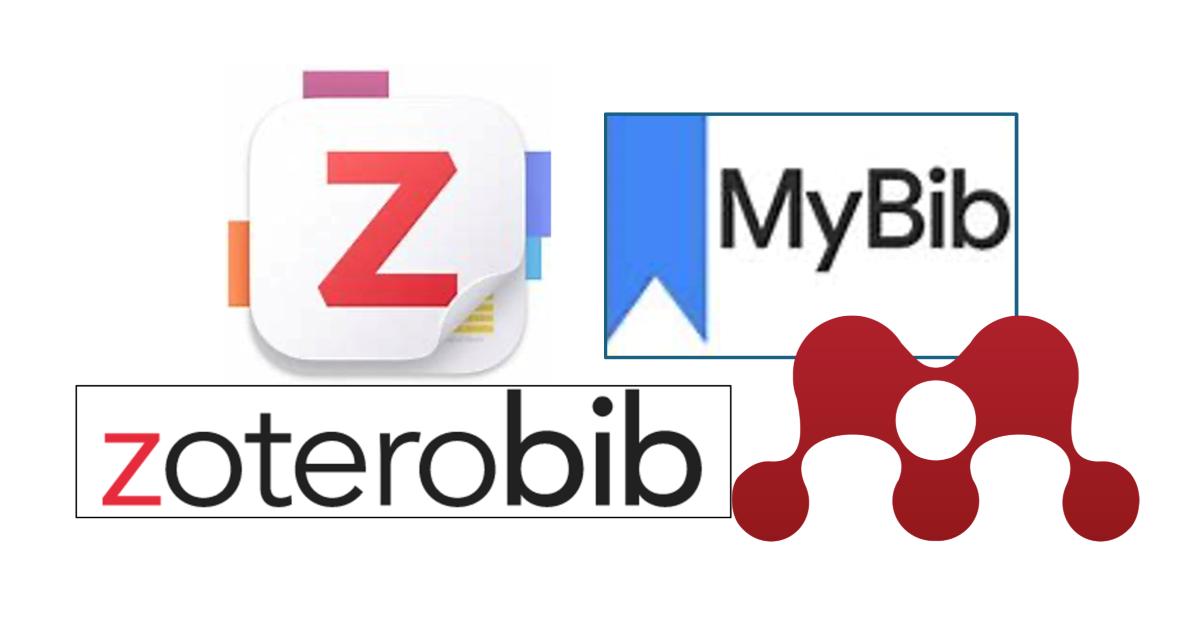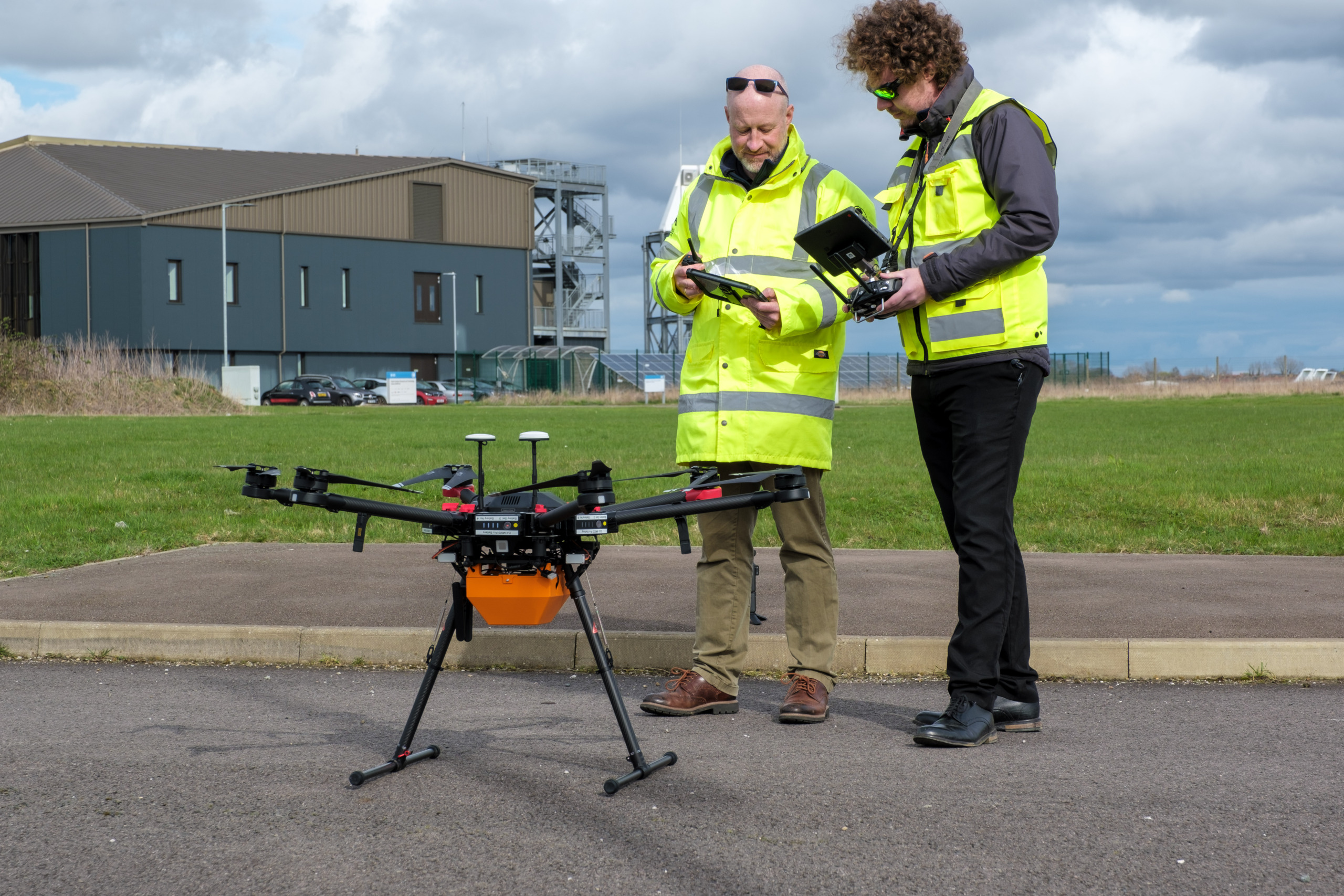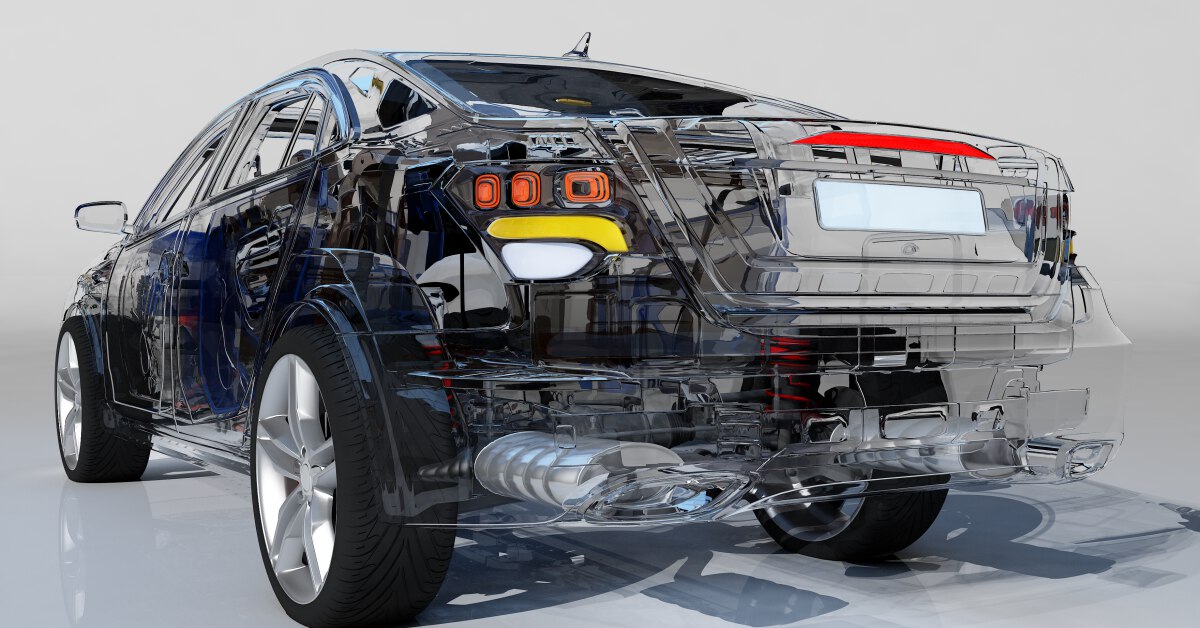An open science checklist
05/07/2017

One reason that research data management has advanced in the priorities of the higher education sector in recent years is the “reproducibility crisis” in science. This has led many researchers and organisations to support a drive towards open science, or open research, where the research process becomes more transparent. This has included aspects such as the requirement from many funding bodies and publishers that underlying data be shared along with journal articles reporting on the results.
An interesting post in this area is Science is “show me,” not “trust me” which proposes a checklist for open science. See the original post for more detail and tips, but here’s a summary of what it suggests you should aim for:
- You did not rely on Microsoft Excel for computations.
- You scripted your analysis, including data cleaning and wrangling.
- You documented your code so that others can read and understand it.
- You recorded and reported the versions of the software you used (including library dependencies).
- You wrote tests for your code.
- You checked the code coverage of your tests.
- You used open-source software (or proprietary software with a really good reason).
- You reported all the analyses you tried (transformations, tests, selections of variables, models, etc.) before arriving at the one you chose to emphasize.
- You made your code (including tests) available.
- You made your data available (where legally and ethically permissible).
- You recorded and reported the data format.
- There is an open source tool for reading data in that format.
- You provided an adequate data dictionary.
- You published open access.
Would your research pass the Open Science Checklist? Do you think this is a useful list with achievable aims?
Public domain image from stocksnap.
Categories & Tags:
Leave a comment on this post:
You might also like…
Adding documents to your Mendeley account
To make the most of a Mendeley account, it is useful to create and maintain a ‘Library’ of references. You can add references and documents to this Library in a number of ways: 1) Drag ...
Choosing the right reference management tool for you…
Are you thinking about using reference management software to help you manage your references? The Library is here to help you. While Mendeley has been our go-to reference management software for some years, we've recently ...
Cranfield Seed Fund recipient, Cosysense, are using AI to solve air conditioning problems and provide a net zero alternative
If you’ve ever worked in an office environment you’ve probably been involved in, or overheard, a conversation about the air conditioning. Well, it’s no surprise it’s a common complaint when research shows that up ...
An Eye-Opening Journey in Advanced GIS & Remote Sensing at Cranfield University
My experience in the Advanced GIS and Remote Sensing course at Cranfield University was nothing short of transformational. From day one, the course was designed to provide both technical expertise and real-world applications. What ...
EBSCO databases – User interface changes
EBSCO has recently introduced a new user interface which you will see when you access any of our EBSCO databases - Business Source Complete, EBSCO eJournals and eBooks, GreenFILE, PsycARTICLES and PsycINFO. If you've used ...
Drive your career forward: Master Virtual Prototyping for Vehicle Structures at Cranfield
In the fast-paced world of automotive and motorsport engineering, precision and innovation are non-negotiable. At Cranfield University, the Virtual Prototyping for Vehicle Structures MSc is designed to equip you with the ...







Very helpful!
Please make sure to clarify the last step. Publish to an open access journal, or, even better, publish wherever is best for your career and self-archive.
Very helpful!
Please make sure to clarify the last step. Publish to an open access journal, or, even better, publish wherever is best for your career and self-archive.
Very helpful!
Please make sure to clarify the last step. Publish to an open access journal, or, even better, publish wherever is best for your career and self-archive.
Very helpful!
Please make sure to clarify the last step. Publish to an open access journal, or, even better, publish wherever is best for your career and self-archive.